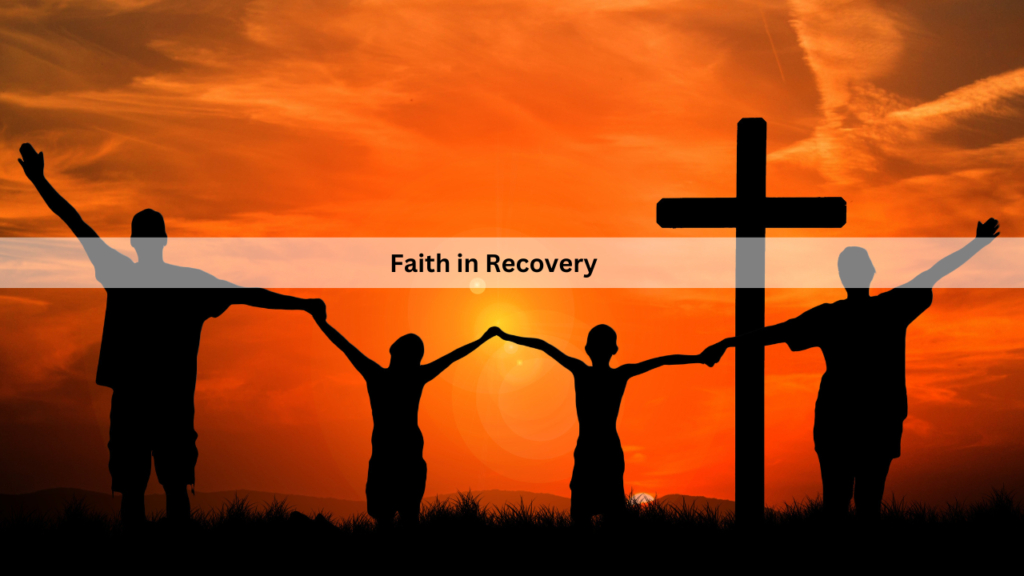
Addiction is a pervasive issue that affects individuals from all walks of life, including members of Christian communities. The journey to recovery can be daunting, but for many, faith provides a powerful source of strength and support. Christian communities have developed various methods to aid their members in battling addiction, leveraging spiritual practices, fellowship, and faith-based programs to foster healing and restoration.
The Role of Faith in Recovery
Faith plays a crucial role in the recovery process for many Christians. It offers a sense of purpose, hope, and a higher power to rely on during difficult times. Belief in God’s love and forgiveness can be incredibly reassuring for individuals struggling with the guilt and shame often associated with addiction. The teachings of Christianity emphasize redemption and transformation, encouraging those in recovery to believe in the possibility of a new beginning.
Prayer and meditation are central components of faith-based recovery. Regular prayer provides a sense of connection with God, offering comfort and guidance. Many find that through prayer, they can surrender their struggles to a higher power, which alleviates some of the burdens of addiction. Meditation, particularly when focused on Scripture, helps individuals find peace and clarity, reinforcing their commitment to recovery.
Community Support
Christian communities provide a supportive network that is vital for those battling addiction. The sense of belonging and acceptance found within these communities can be a lifeline for individuals who often feel isolated by their struggles. Churches frequently offer support groups and recovery programs tailored to the needs of their members.
Support groups like Celebrate Recovery, a Christ-centered program, create a safe space for individuals to share their experiences, challenges, and triumphs. These groups integrate biblical teachings with the 12-step recovery model, fostering spiritual growth alongside personal development. The shared faith among group members strengthens the bonds within the group, creating a unique environment where participants feel understood and supported.
Mentorship is another significant aspect of community support. More experienced members of the congregation who have successfully navigated their own recovery journeys often take on mentoring roles. These mentors provide guidance, accountability, and encouragement, helping others to stay on track with their recovery goals.
Faith-Based Rehabilitation Programs
In addition to church-based support, faith-based rehabilitation programs offer comprehensive treatment for addiction. These programs combine traditional therapeutic approaches with spiritual guidance, creating a holistic path to recovery. Facilities such as Teen Challenge and the Salvation Army’s Adult Rehabilitation Centers provide residential treatment that includes Bible study, worship services, and pastoral counseling.
These programs emphasize the transformation of the whole person—mind, body, and spirit. By addressing the underlying spiritual issues that contribute to addiction, faith-based rehabs help individuals build a strong foundation for lasting recovery. The incorporation of faith into the treatment process reinforces the belief that recovery is not just about abstaining from substances but about finding a renewed sense of purpose and identity in Christ.
Christian communities offer a multifaceted support system for members battling addiction, rooted in faith, fellowship, and compassionate care. By integrating spiritual practices with practical support, these communities help individuals find hope and strength in their recovery journey. The power of faith, combined with the unwavering support of a loving community, can transform lives, providing a path to healing and wholeness for those struggling with addiction.